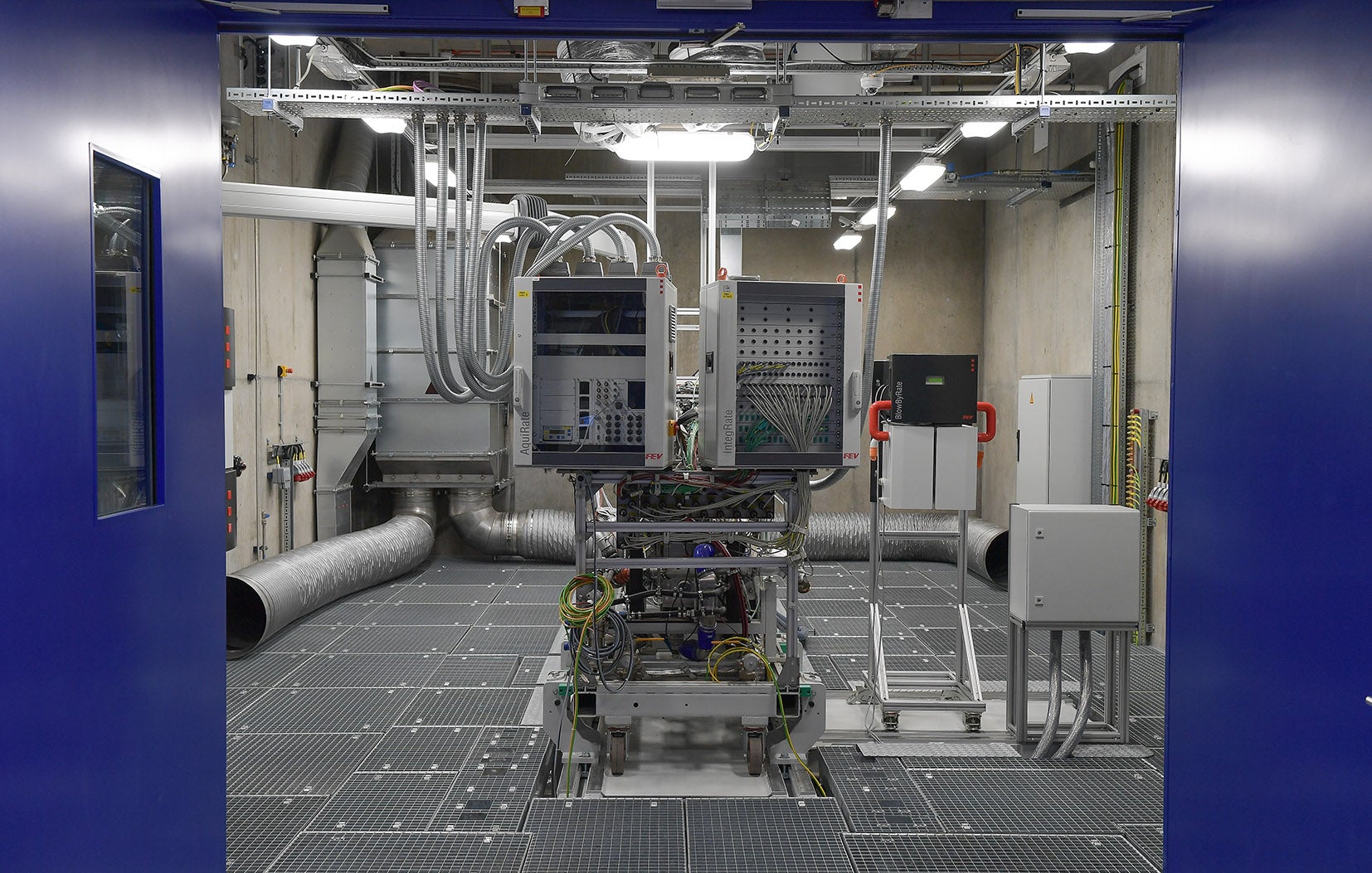
C-ALPS, together with industrial partners, will create a dedicated 100 m² Hydrogen Fuel Cell lab for transport purposes and a comprehensive upgrade of its powertrain cells for running with hydrogen fuel.
The new facilities will be situated inside a £50m research centre that was opened in 2018 and will include a fully equipped laboratory, alongside the upgraded test cells for the fuel cell and electrolyser system, stack, and cell-level testing, and diagnostic work.
How well do you really know your competitors?
Access the most comprehensive Company Profiles on the market, powered by GlobalData. Save hours of research. Gain competitive edge.

Thank you!
Your download email will arrive shortly
Not ready to buy yet? Download a free sample
We are confident about the unique quality of our Company Profiles. However, we want you to make the most beneficial decision for your business, so we offer a free sample that you can download by submitting the below form
By GlobalDataConstruction and fit-out will be completed by late August 2021 as the investment will complement C-ALPS’ fuel cell test stands, which have been developed in-house and feature advanced electrochemical diagnostics for application-scale fuel cells and stacks.
C-ALPS director Simon Shepherd said: “Sustainable electric propulsion and mobile energy storage solutions are essential in decarbonising the transport sector and improving air quality. Hydrogen, as a fuel, will almost certainly play a significant role in this transition.
“Our latest investments strengthen our existing hydrogen energy research capabilities and give us the facility to support partners in both fuel cell, hydrogen generation R&D, and fuel cell application projects.
“Capacity and capability are significantly expanded with these new investments from the university. Researchers, professors, and engineering staff will be employed in the new labs and test cells and, as the project portfolio continues to grow, this is expected to create a number of new positions within the team.”
C-ALPS currently offers access to automotive format battery cell prototype manufacture; battery-cell and module testing and characterisation; system modelling; in-situ sensing and advanced diagnostics; and expertise in next-generation power electronic devices and sensors.
The centre has already secured a few major research projects and is making significant progress towards self-sensing/healing battery cells, development of sensing for electric drive systems, and advanced on-board diagnostics for battery, fuel cell, and hybrid power systems.
C-ALPS associate professor and technical lead on hydrogen Oliver Curnick said: “What makes us unique within the UK is our mix of component and system-level expertise from both academic and industrial backgrounds – all geared towards applied research, which enables our industrial partners to meet the challenges facing the transport sectors.
“Understanding both the science behind batteries, fuel cells, and electric drives and the engineering, which delivers them into a vehicle system, means that commercial partners can approach us with confidence that we can both understand the challenges they face and work with them to create truly innovative solutions.”




